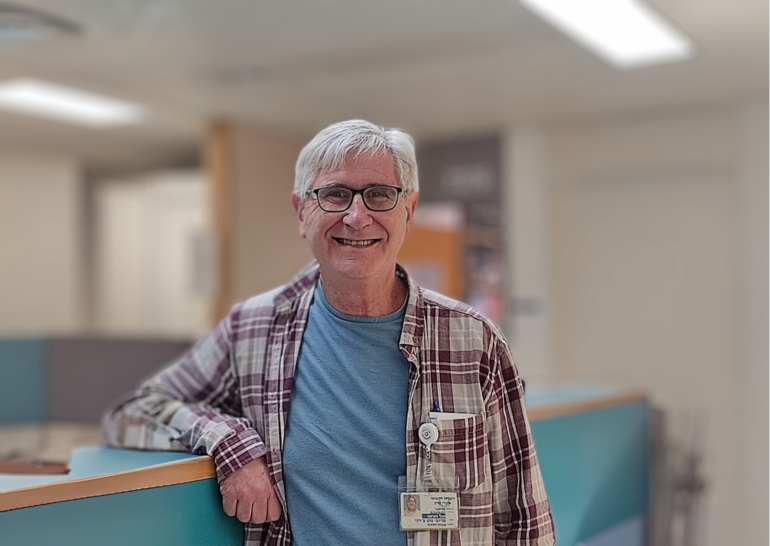ESMO is advocating for secondary and tertiary care levels to be included into international agreements and WHO’s documents to respond to pandemics
In times when healthcare is facing simultaneous challenges worldwide, including wars, communicable epidemics, natural disasters, people migrations and a workforce crisis, building on health systems resilience to ensure that all people have access to the care they need, regardless of the complexity of their disease, has become urgent. With several statements on health emergencies, ESMO has advocated for the inclusion of secondary and tertiary care levels into international agreements and documents to regulate and coordinate robust regional, national and global efforts to tackle emergencies like pandemics.
“There is a need to plan ahead and get prepared for future emergencies, and the diverse medical specialties should not be in competition with each other, rather we should foster complementarity, synergy and cooperation,” states José M. Martin-Moreno, professor of Medicine and Public Health, Medical School and Clinical Hospital, University of Valencia, Spain, endorsing the Society’s position to ensure oncology services remain visible and prioritised during crises. “While the importance of primary health care is undeniable, we should not repeat the same mistakes made during the COVID-19 pandemic by forgetting the vital need to proactively plan specialised actions in secondary and tertiary care.”
Despite the many efforts deployed to maintain the continuity of cancer services, in fact, during the first wave of COVID-19 infections in 2020, cancer treatments and visits were postponed in many countries, resulting in a notable decline in cancer diagnosis (Eur J Public Health. 2022 Apr 1;32(2):311-315) and in breast and cervical cancer screening, with much of the disruption of care due to resource reallocation rather than the magnitude of outbreaks (Nat Med. 2022 Jun;28(6):1314-1324). Research shows that delays in cancer treatment are associated with an increase in mortality across all common forms of cancer treatment, while minimising delays in cancer treatment initiation can improve survival outcomes (BMJ 2020; 371:m4087). Beyond disrupting prevention and cure for communicable and noncommunicable diseases, the COVID-19 pandemic exposed the problems of modern healthcare systems, including weaknesses in infrastructures, supply chains, financial constraints and a lack of trained workforce.
In response to the pandemic impact on society, the 194 Member States of the World Health Organisation are negotiating a convention, agreement, or other international instrument to strengthen pandemic prevention, preparedness and response and increase health security. In September 2023, the first-ever head of state summit on pandemic prevention, preparedness and response took place during the UN General Assembly, where ESMO participated to represent the oncology community and had the ask about “enhancing the resilience of national health systems to prevent, prepare for and respond to pandemics and other health emergencies, including by integrating disaster risk management into primary, secondary and tertiary health care” to be included. Also, a Pandemic Accord and the amendments to the legally binding International Health Regulations are expected to be adopted in May 2024 at the World Health Assembly.
“Proper implementation of emergency preparedness documents requires a careful assessment of governance, financing, resource allocation (including professional workforce), and service delivery, to make goals achievable in practice, not just on paper. Otherwise, it is just like having a song with nice music, but without lyrics,” continues Martin-Moreno. “A change of perspective is also needed to acknowledge that the urgent issues related to an emergency should not overshadow the essential things, and no one should be left behind when it comes to health. In oncology, we have strongly advocated for the right to be forgotten (in terms of avoiding stigmatisation of cancer patients). However, in times of crisis and uncertainty, the right not to be forgotten is even more crucial since this is when patients and their caregivers are most vulnerable.”





